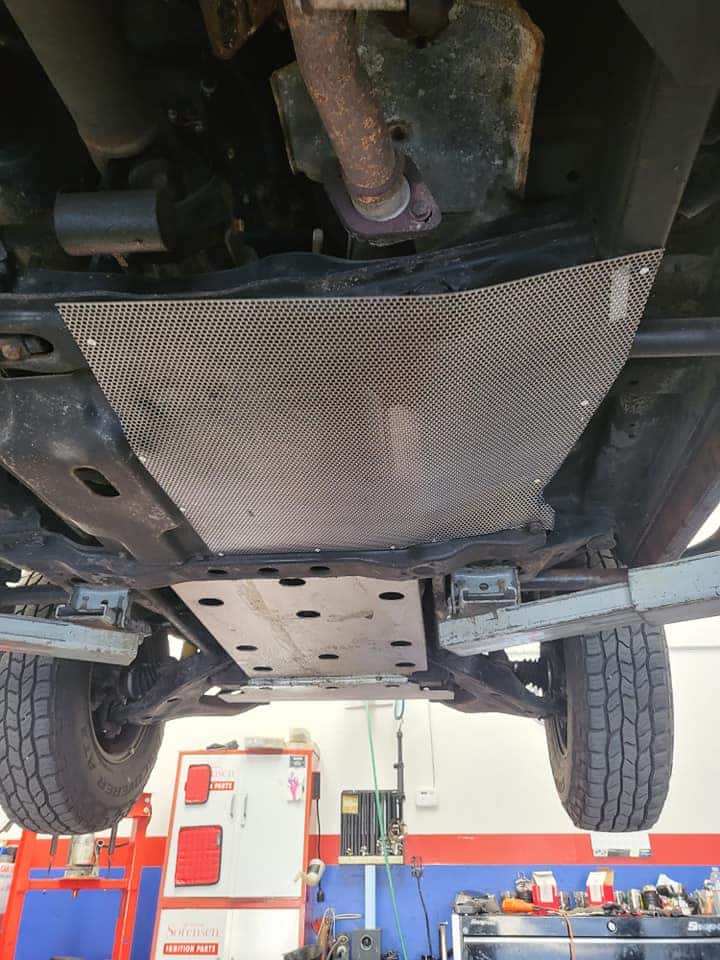Imagine you're at your local auto repair shop, Sartorial Auto Repairs, and you're confronted with a decision that seems simple enough: choose a type of motor oil for your vehicle. However, the array of options and jargon on the labels is overwhelming. Synthetic? Conventional? High mileage? What does it all mean?
Let's break it down together, taking it step by step, so the next time you're faced with this decision, you'll make it with confidence.
Types of Motor Oil: The Basics
Motor oil falls into three primary categories: conventional, synthetic, and synthetic blend.
Conventional Oil is the most traditional type of motor oil. It's derived from crude oil and provides adequate protection for most engines under normal driving conditions. This is the least expensive option, but it may not be the best for high-performance or high-mileage vehicles.
Synthetic Oil, on the other hand, is a high-performance oil engineered in a lab. It provides superior protection against heat, wear, and sludge buildup. Synthetic oil can also improve fuel efficiency and performance in extreme temperatures. However, it comes at a steeper price than conventional oil.
Synthetic Blend Oil is essentially the middle ground between conventional and synthetic oil. It provides some of the benefits of synthetic oil, like improved performance and protection, but at a lower cost.
Choosing the Right Oil for Your Vehicle
Now that you understand the basics, how do you decide which one is right for your car? The answer depends on various factors, such as the age of your vehicle, driving conditions, and manufacturer recommendations.
For example, if you drive a newer model or have a car with a high-performance engine, synthetic oil might be your best bet. It's designed to meet the needs of these advanced engines better than conventional oil.
If you have a high-mileage vehicle (typically over 75,000 miles), you might want to consider a high-mileage oil. These are specially designed with additives to help reduce leaks and oil consumption in older engines.
Change Frequency: It's Not Just About Miles
Most manufacturers recommend an oil change every 5,000 to 7,500 miles, but this can vary depending on driving conditions. If you frequently drive in stop-and-go traffic, in extreme heat or cold, or tow heavy loads, you may need to change your oil more often.
The Bottom Line
Choosing the right motor oil for your vehicle is a critical part of ensuring its longevity and optimal performance. It may not be the most glamorous aspect of car ownership, but it's one of the most important.
At Sartorial Auto Repairs, we understand the ins and outs of motor oil. Whether you’re seeking guidance on what type of oil is best for your vehicle or need a routine oil change, we’re here to help you navigate these decisions with ease. After all, your car deserves nothing less.
So, the next time you're in Santa Rosa, Rohnert Park, or anywhere in Sonoma County, and you find yourself questioning what motor oil is best for your vehicle, remember the team at Sartorial Auto Repairs is just a call away.












